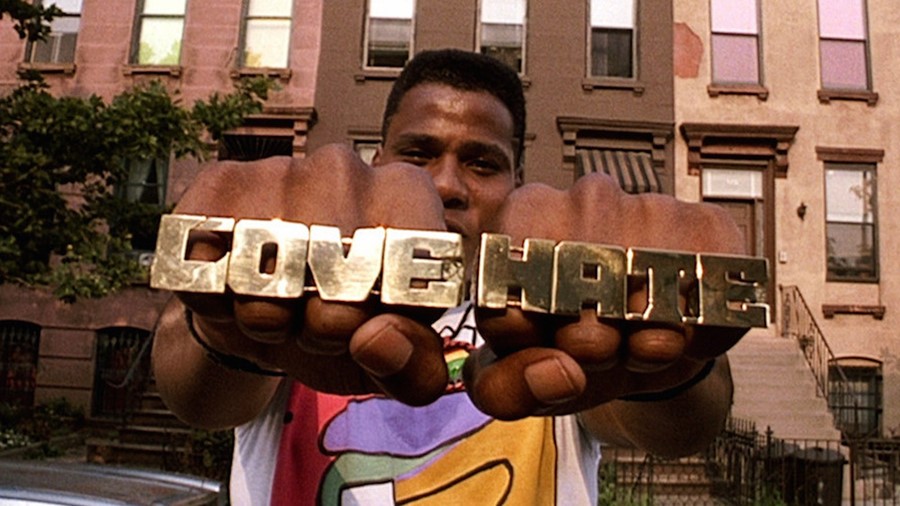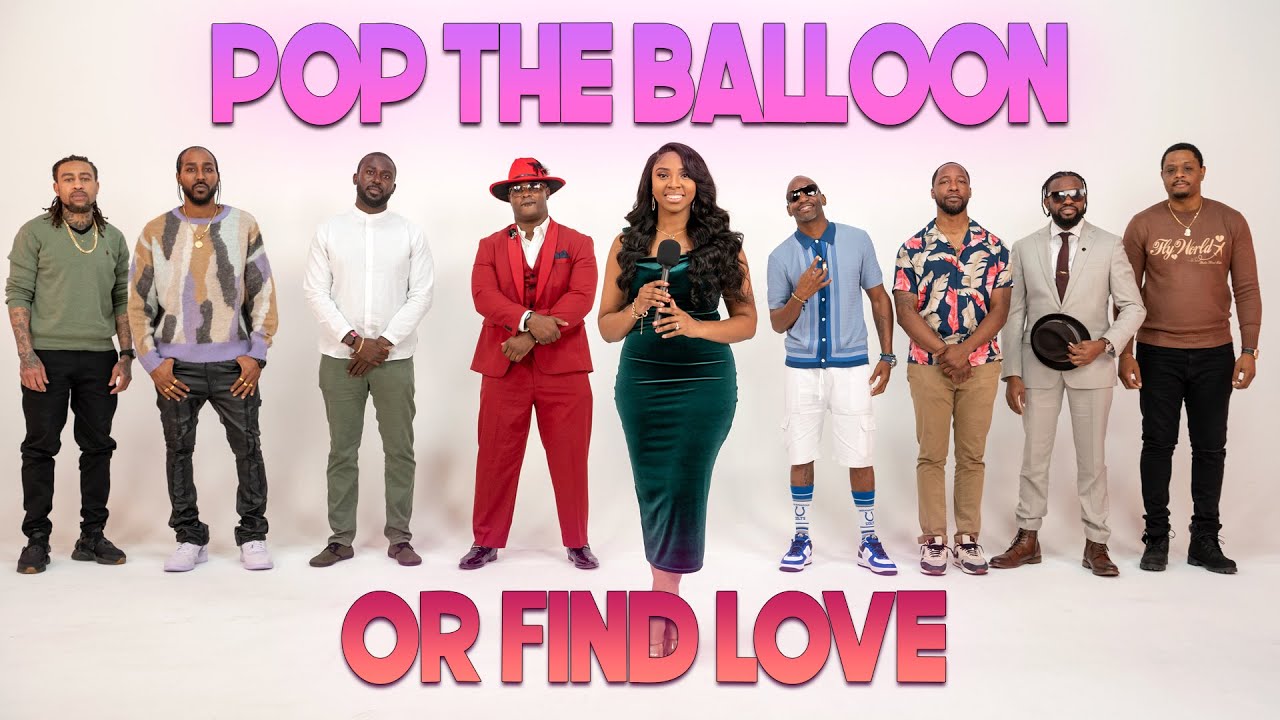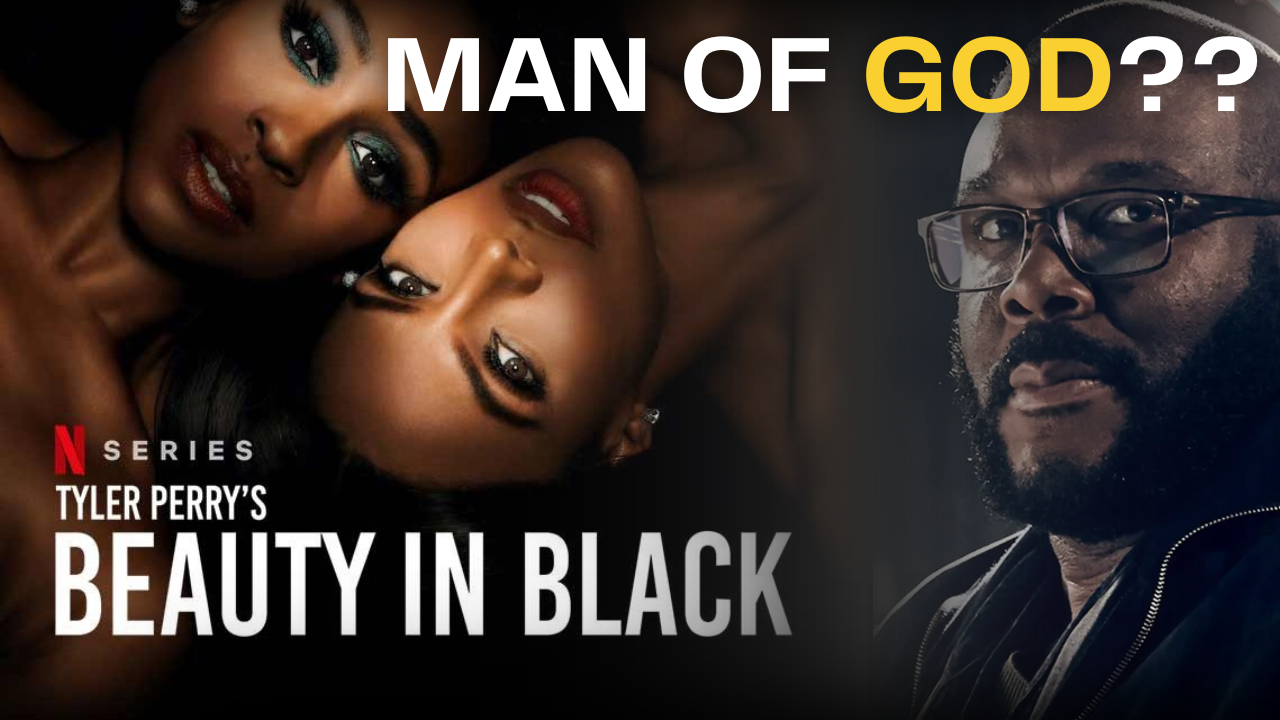Behind the Scenes: The Unforeseen Impact of ’90s Black Movies on Modern Cinema
Introduction
Cinema has always been a reflection of society, a lens through which audiences explore and understand diverse experiences. The 1990s marked a dramatic evolution in this dynamic, especially in black movies from the 1990s. The films of this era weren’t merely entertainment; they were revolutionary storytelling vehicles that reshaped narratives around Black life and culture. Now, you might be wondering, what’s at stake if such narratives were absent from our cinematic history? By the end of this exploration, you’ll understand how these films not only broke barriers then, but how they continue to influence the cinematic world today.
Breaking Free from Stereotypes
Imagine this: It’s the 1990s, a time of significant social and cultural shifts in America. During this period, black cinema emerged, challenging typical narratives that confined Black stories to mere stereotypes. So, why did these films break away from the norm so successfully? You’ll soon discover that the vibrant social movements advocating for racial equality and representation provided fertile ground for these transformative stories.
The socio-political environment of the ’90s was potent, marking the emergence of voices that systemic marginalization once silenced. Filmmakers started to depict a more authentic and multifaceted portrayal of Black life, showing the world a tapestry of stories marked by resilience, struggle, triumph, love, and identity.
The Vibrant Tapestry of Themes and Genres
Now ask yourself, what made these films so captivating? The answer lies in their thematic richness. The ’90s black cinema offered audiences an array of genres—comedy, drama, romance, and action—each weaving complex stories reflecting the Black experience. By offering a diverse storytelling experience, these films started eroding preconceived notions, inviting audiences to view life from new, unexpected perspectives.
Think about popular comedies like “House Party” juxtaposed with intense dramas such as “Boyz N the Hood.” They weren’t just stories; they were powerful statements challenging audiences to rethink what they knew about Black life. These are some of the black movies from the 1990s that continue to influence viewers today.
The Iconic Films that Redefined Cinema
You might recognize titles like “Boyz N the Hood” or “Waiting to Exhale,” but do you understand their true impact? These films weren’t just box office hits; they became cultural cornerstones that challenged everything the mainstream media depicted about Black urban life, personal struggles, and artistry.
Films like “Love Jones” redefined romance, offering a poetic exploration of love and art that continues to resonate even today. As you unravel these stories, consider how they not only captured the zeitgeist but also paved the way for a new generation of storytellers eager to humanize and innovate the cinematic landscape embodied in black movies from the 1990s.
The Visionaries Behind the Lens
Reflect for a moment: Who were the architects of this movement? Iconic figures like John Singleton and Spike Lee crafted narratives that were bold, raw, and transformative, reshaping the storytelling landscape. Now you might wonder, how did actors like Angela Bassett and Denzel Washington contribute to this shift? Their ability to portray immense depth and authenticity in roles set a new standard, breaking the mold of what had been expected from Black characters on screen.
These trailblazers didn’t just make films; they ignited a movement, inspiring countless creators to push beyond the boundaries of what stories should be told and who should be telling them.
The Enduring Legacy
Even today, the influence of ’90s black movies reverberates through modern cinema. But how do these films manage to stay relevant? The answer lies in their timeless exploration of themes like identity, resistance, and aspiration, themes that are as resonant now as they were then. As contemporary filmmakers draw from this rich legacy, they continually find inspiration and guidance in the groundbreaking narratives of that golden decade.
Black movies from the 1990s serve as cultural touchstones, reminders of the strides made in representation, and the continuous journey towards inclusivity in storytelling. Their legacy is not just in past achievements but in ongoing dialogues about equity and creative expression.
Conclusion
By revisiting ’90s black movies, we don’t just indulge in nostalgia; we connect with a profound cultural and artistic evolution. These films extend beyond entertainment—they educate, inspire, and challenge us to reflect on representation and narrative. As you reflect on their significance, consider the ongoing journey in cinema to honor diverse stories, acknowledge progress, and envision a more inclusive future for storytellers and audiences alike.
So, what role will you play in celebrating and continuing this legacy? As these stories continue to thrive, they not only remind us of history but inform and encourage us to support emerging voices that continue to enrich the cinematic tapestry.
Additional Resources
For those intrigued, documentaries like “HBO’s Black Art: In the Absence of Light” and “Netflix’s They’ve Gotta Have Us” provide in-depth commentary on the evolution and impact of black cinema. These works enrich our understanding of this influential period, offering both context and deeper appreciation for these timeless narratives.
Author’s Note
Writing about black movies from the 1990s is more than recounting a period—it’s a celebration of storytelling’s power and the extraordinary progress that diverse voices have achieved in cinema. Celebrating these films is not just acknowledgment, but an imperative step towards championing future narratives that continue this legacy of resilience and creativity.



